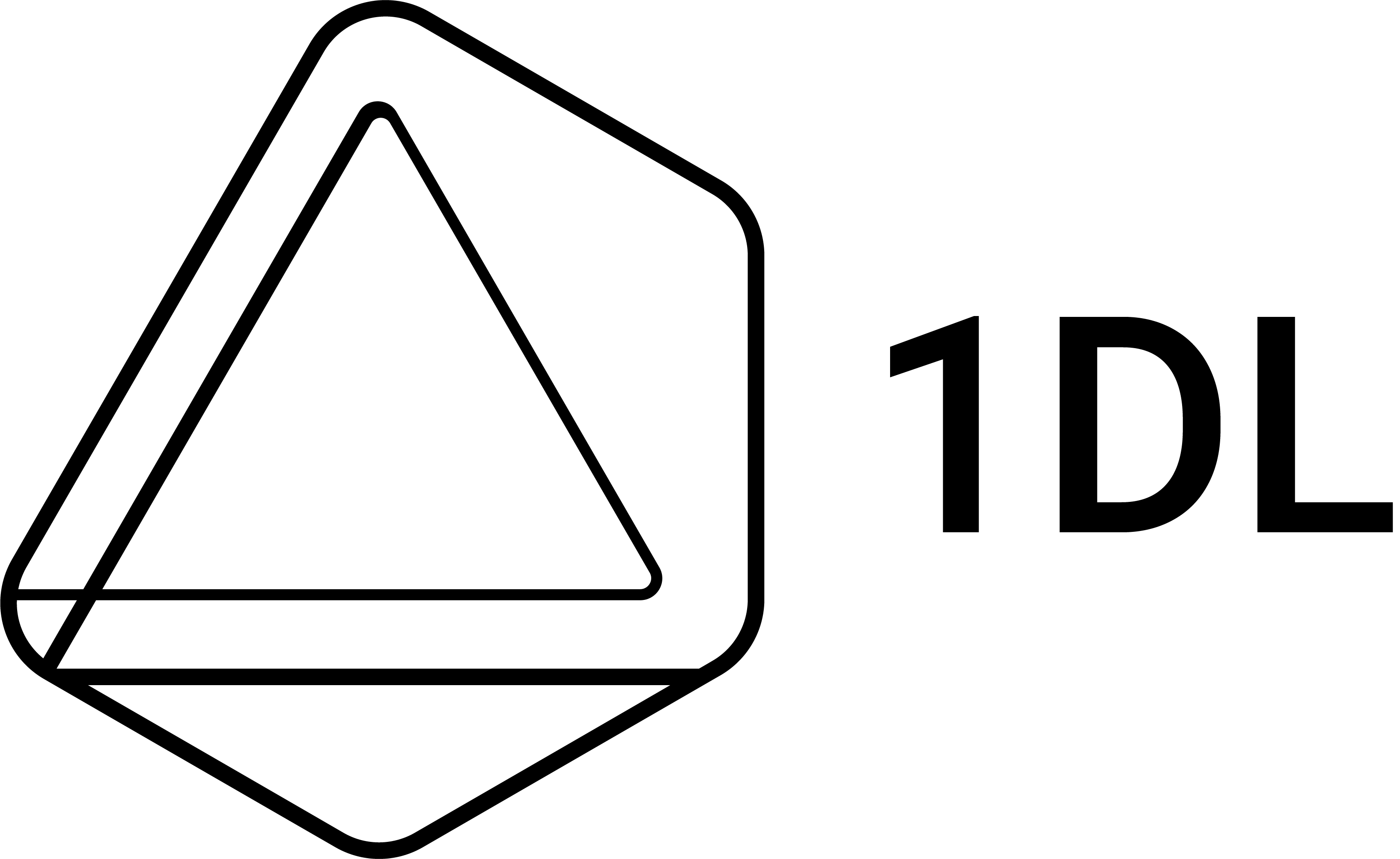Blue Clay Spa
Competition Entry Lead by: Hanaoka Ikuya
Collaborators: Fukunishi Eichi, Unno Genki
The root “eco-” in ecotourism suggests an interactive relationship between the visitors and the Latvian countryside natural environment – a profound engagement of serenity and serendipity where one acts upon nature and receives its feedbacks.
As visitors journey from the forest to the pond, the site unfolds through its scents from flowers, tastes from seasonal fruits, and songs of migrating birds. The rich natural context of the site inspires the architectural proposal as an opportunity to present and enhance the site’s natural conditions, where the essence of the building is to create the interface between the local environment and the body.
In the co-existence with the abundant natural conditions each visitor or family finds a different self, and a spa of the same level of experiential complexity is a shelter for such individuality. On top of visual and spatial connections with the surroundings created by letting nature penetrate the gaps between building volumes into porches to form distinct micro-environments, diverse forms of therapeutic baths utilizing blue clay in different ways are proposed in relation to the natural products on-site, creating a direct extension of the local ecology into the spa. As a result, Latvian bath rituals reaches its full playfulness through choreographed programs in the architecture.
Yet it is not a one-time novelty that this proposal focuses on. Serendipity resides in the slow seasonal changes as well. Taking advantage of the range of the site and the vicinity of the surrounding forest, repeat visitors find the spa changing its scale and programs across the year, presenting the genius loci through temporality. It is this long-term personal connection with the locality that echoes the core value of a family, or its architectural embodiment – home; and the country spa can thus become a place for families to come back to.







